The LIBio
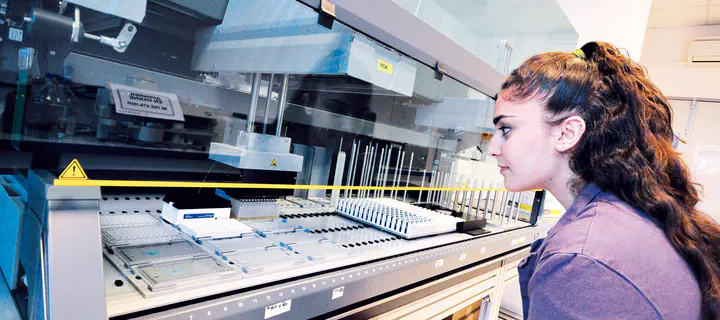
The lab
The Biomolecular Engineering Laboratory (Laboratoire d’Ingénierie des Biomolécules - LIBio) research staff is a multi-skilled team organised in two research axis. The objective of the first axis is to understand the complexity of biotic and abiotic interactions within ecosystems in a strategy of innovation and security. The holistic approach envisaged is based on a deeper understanding of the adhesion and competition interactions between biotic and abiotic constituents of dairy systems. Potentiating these interactions should lead to increased functionality in the product intended for consumption. The LIBio’s microbiology activities are mainly positioned in this area and focus on fermented foods.

The main objective of the second axis is the vectorisation of biomolecules in colloidal systems with a limited number of atoms: the creation of active nanoliposomes by the very nature of its phospholipid constituents is a significant example. The validation of these systems is based on the creation of controlled physiological environments allowing in vitro demonstration of the release and action of active biomolecules.

The LIBio is one of the 60 laboratories of the University of Lorraine which is internationally recognized for its activity in Engineering. The LIBio is located on the Brabois Engineering campus mixing laboratories (URAFPA, LRGP, LAE, LSE, LIBio) and Engineering Schools such as ENSAIA.
The microbiology team
The microbiology team is composed of 10-13 members including 7 permament members :
-
Anne-Marie Revol-Junelles, Professor, Director of the LIBio
-
Frédéric Borges, Associate Professor
-
Cécile Mangavel, Research Ingineer
-
Marcia Leyva Salas, Associate Professor
-
Annelore Elfassy, Assistant Engineer
-
Myriam Schivi, Technician
-
Sylvie Wolff, Technical Assistant
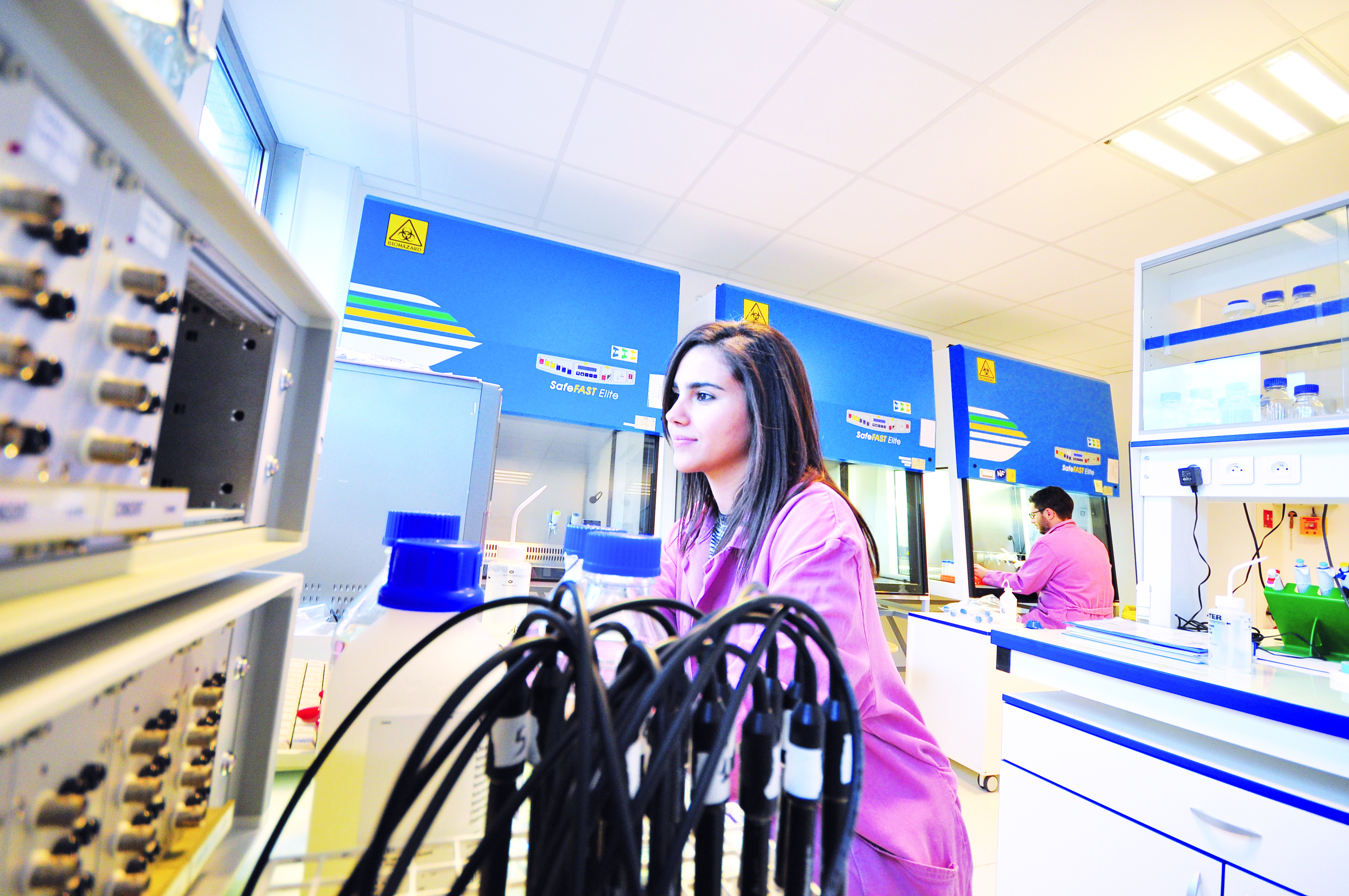
Between 3 and 6 students come to do their research training, including 1 to 3 PhD students.

The PhD students are supervised by two Directors and their administrative status is managed by the Doctoral School SIReNA. They usually spend 36 months for the preparation of their PhD defense.
The microbiology lab consists of an L1, and an L2 containment laboratory. The L2 lab is intended for the manipulation of pathogens such as Listeria monocytogenes. The handling of microorganisms at low throughput is carried out in type II microbiological safety stations. High throughput microbial cultures are performed using an automated liquid handling and incubation system. This system was lately used, for example, in the selection of patented anti-Listeria monocytogenes strains, now on the market for biopreservation applications.
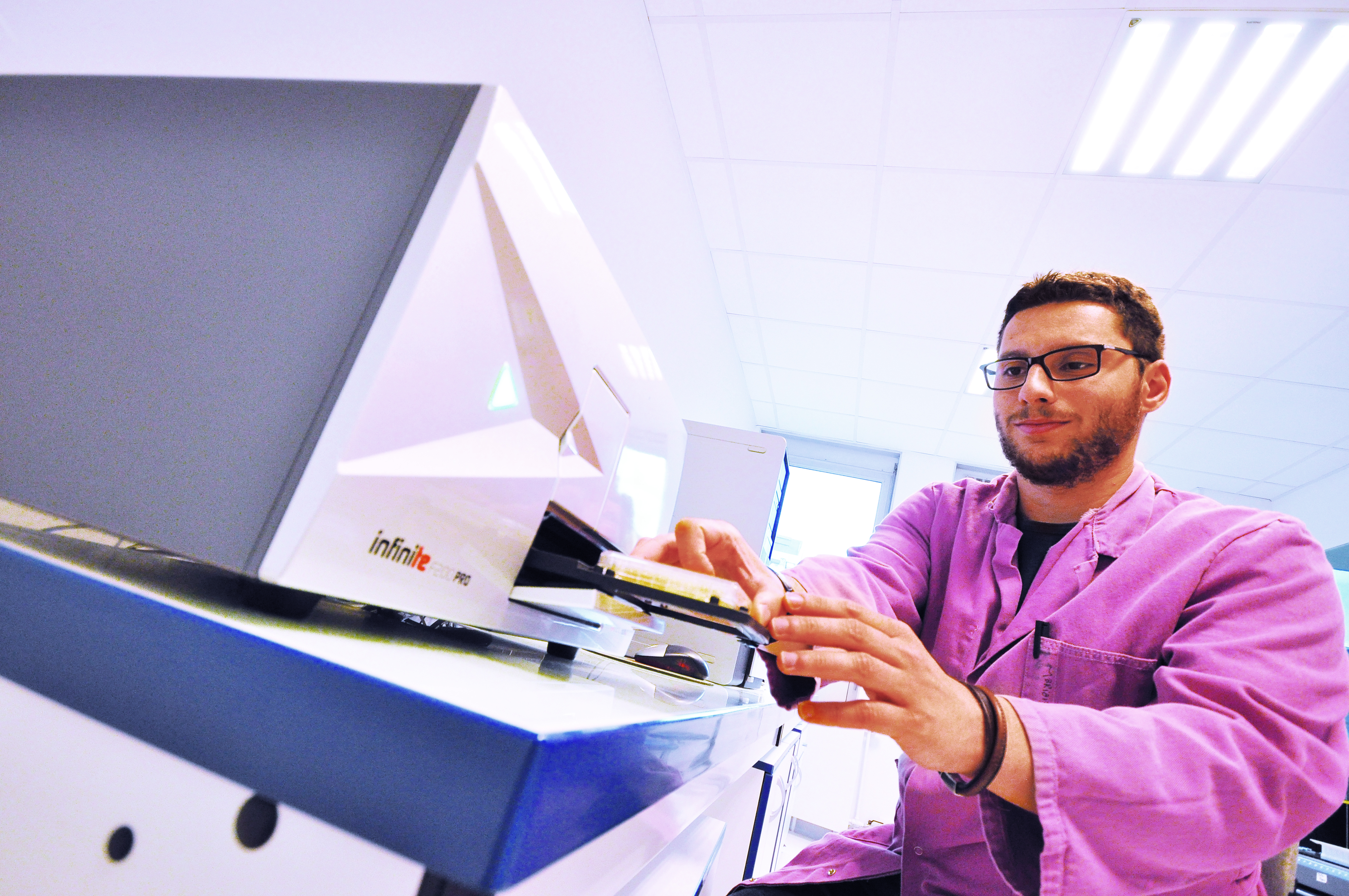
Life at the LIBio
Meetings
All LIBio microbiologists can attend to plenary multidisciplinary scientific seminars, allowing them to open their scientific mind to various disciplines: physical chemistry, biochemistry, process engineering in addition to microbiology. These meetings are a fantastic opportunity to generate new ideas in the field of engineering through the dialogue of knowledge in complementary disciplines.
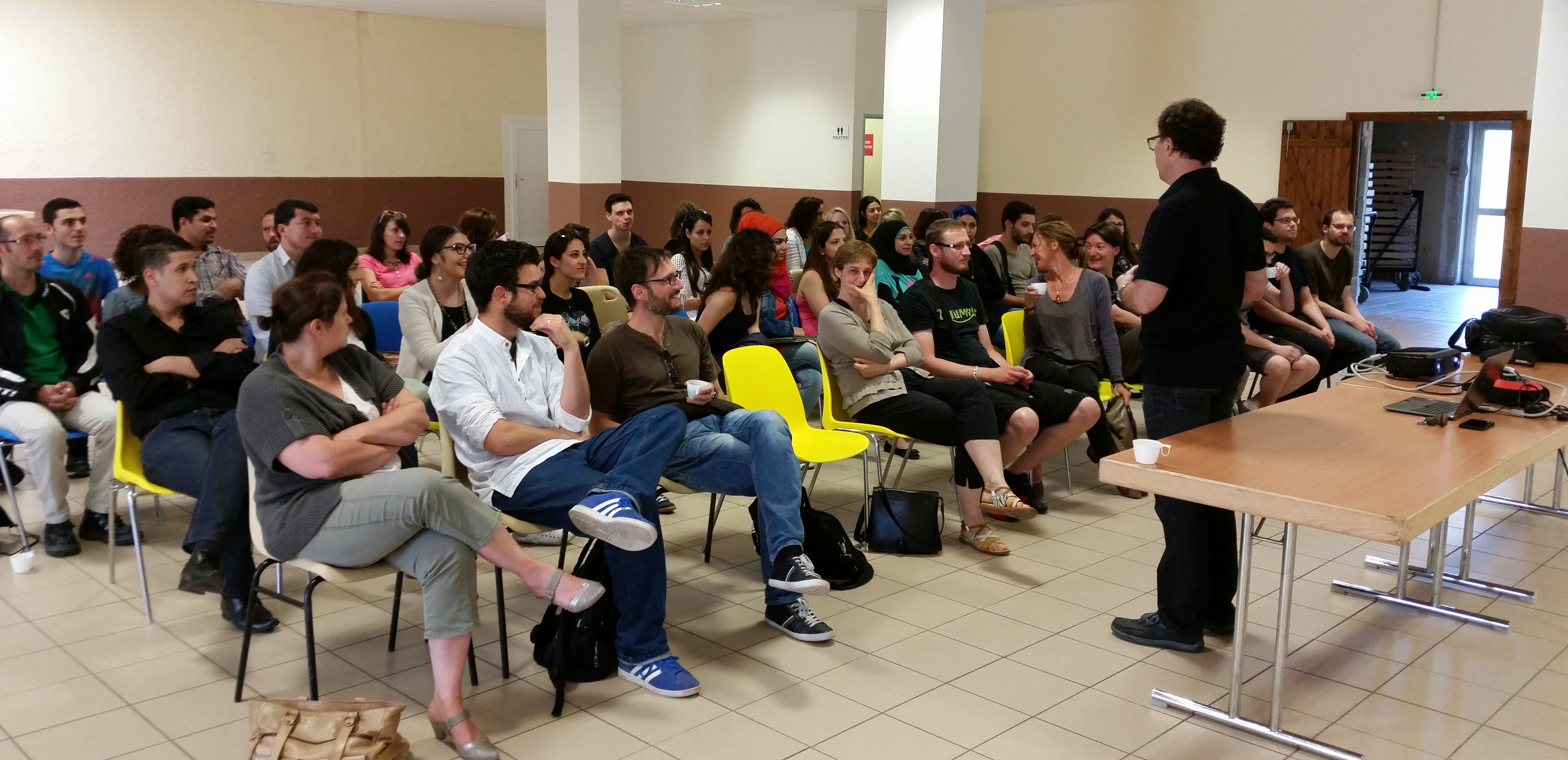
In addition to these plenary sessions, the members of the microbiology team participate to regular meetings: operational meetings, optimisation and work organisation meetings, bibliographic meetings. The purpose of the operational meetings is to use, maintain and improve the research facilities (L1 and L2 microbiology laboratories, preparation, DNA and protein analysis labs, and all associated equipment). Optimisation and work organization monthly meetings are designed to help students develop their project management skills. The purpose of the weekly bibliographic meetings is to discuss the content of scientific articles related to the laboratory’s research projects and to provide opportunities for debate and exchange of ideas about concepts and methods.
In addition to these meetings, internal training workshops for learning R programming and statistics are organized on a regular basis in order to help students develop their data analysis skills, which are nowadays indispensable in most research projects, especially when using methods that produce large amounts of data as is the case at LIBio.
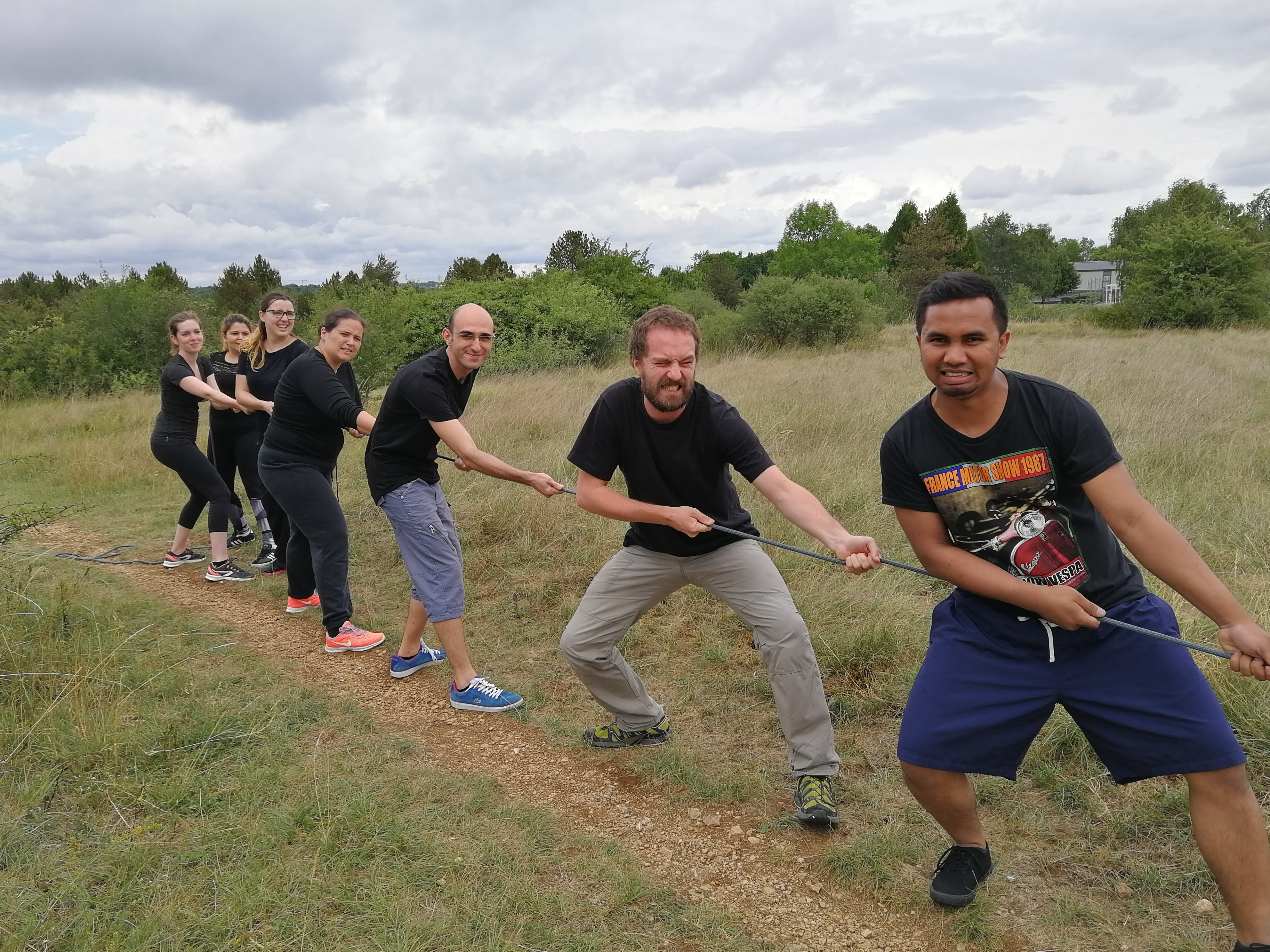
Social events
In addition to the many opportunities to meet other lab members, social events are organised to play, entertain and to get to know each other outside of science. Every Friday lunchtime the lab members meet to play board games and twice a year everyone goes out of the lab to participate in a recreational activity (escape games, Olympics, hikes,…).
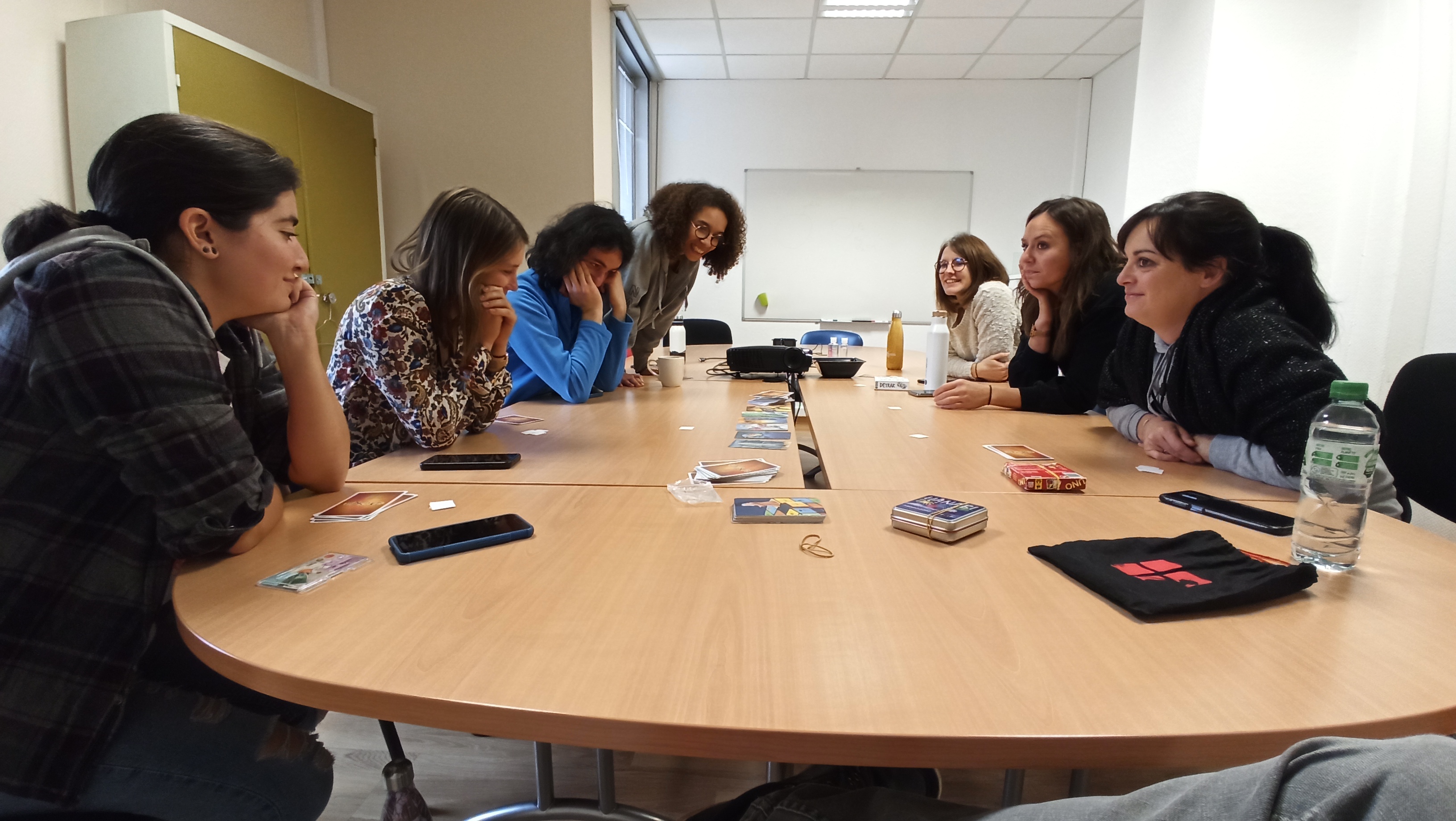
photo credit : Alex Hérail, Inside Photography